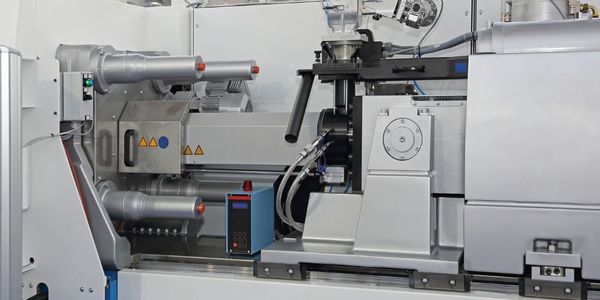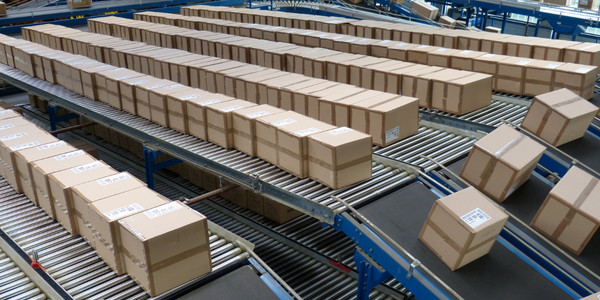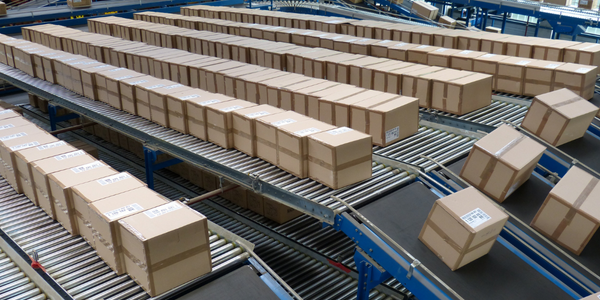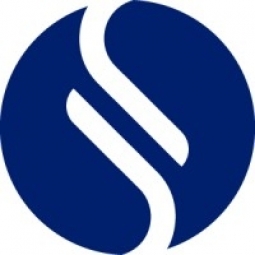Customer Company Size
Large Corporate
Country
- Worldwide
Product
- Sphera’s GaBi Envison Web platform
- (Bio)plastic LCA Tool
Tech Stack
- Web-based LCA tool
Implementation Scale
- Enterprise-wide Deployment
Impact Metrics
- Environmental Impact Reduction
- Innovation Output
Technology Category
- Analytics & Modeling - Digital Twin / Simulation
Applicable Industries
- Plastics
- Packaging
Applicable Functions
- Product Research & Development
- Quality Assurance
Use Cases
- Material Handling Automation
- Predictive Quality Analytics
Services
- Software Design & Engineering Services
- System Integration
About The Customer
The customer in this case study is the plastics industry at large. The plastics industry has been under increasing scrutiny due to the environmental impact of plastic production and disposal. Plastics have advantages over other materials, such as being lightweight and having superior forming and processing properties. They are widely used in applications such as packaging, transportation, mobility, housing, and infrastructure. Since their introduction in the 50s and 60s, world production of plastics has grown to roughly 335 million tons. Today, bio-based materials are also available for all major applications and processing steps and offer an alternative to fossil-based plastic products.
The Challenge
In recent years, sustainability-related issues concerning plastics, such as sourcing from non-renewable resources and end-of-life issues (recycling, reuse, littering, biodegradability), have gained significant attention. The plastics industry is under pressure to provide credible solutions to these problems. To bring about sustainable change in the plastics industry, accurate information in the form of standardized and credible Life Cycle Assessment (LCA) results needs to be made available in a transparent way to as broad an audience as possible, including non-LCA experts.
The Solution
Sphera, with the support of the Institute for Bioplastics and Biocomposites (IfBB, Hannover), has developed an easy-to-use LCA tool specifically for the assessment of (bio)plastic products. The tool is based on Sphera’s award-winning GaBi Envison Web platform, which allows access—through a standard web browser—to high-quality LCA models in the GaBi database. The (Bio)plastic LCA Tool covers the complete life cycle of (bio) plastic products and allows for a choice of different feedstocks, materials (e.g., PP, PE, PLA, PET, starch blends), standard and customized compounding and converting steps, transportation along the supply chain, and end-of-life options (incineration, landfill, recycling, composting, etc.). The tool allows for the comparison of different product scenarios and comparisons between petrochemical-based and bio-based plastics. The results are calculated for several environmental impact categories, such as the carbon footprint, and are displayed immediately in a customized PDF report.
Operational Impact

Case Study missing?
Start adding your own!
Register with your work email and create a new case study profile for your business.
Related Case Studies.

Case Study
Plastic Spoons Case study: Injection Moulding
In order to meet customer expectations by supplying a wide variety of packaging units, from 36 to 1000 spoons per package, a new production and packaging line needed to be built. DeSter wanted to achieve higher production capacity, lower cycle time and a high degree of operator friendliness with this new production line.

Case Study
IoT Data Analytics Case Study - Packaging Films Manufacturer
The company manufactures packaging films on made to order or configure to order basis. Every order has a different set of requirements from the product characteristics perspective and hence requires machine’s settings to be adjusted accordingly. If the film quality does not meet the required standards, the degraded quality impacts customer delivery causes customer dissatisfaction and results in lower margins. The biggest challenge was to identify the real root cause and devise a remedy for that.

Case Study
Zenon the Ideal Basis for An Ergonomic HMI
KHS develops and produces machines and equipment for filling and packaging in the drinks industry. Because drinks manufacturing, filling and packaging consist of a number of highly complex processes, the user-friendly and intuitive operation of equipment is increasingly gaining in significance. In order to design these processes as simple as possible for the user, KHS decided to introduce a uniform, transparent and standardized solution to the company. The HMI interface should meet the requirement for people with different qualifications and enable them to work on a standard platform.

Case Study
Boiler Control System for Plastic Manufacturing Applications
Factory automation applications must be equipped to handle and monitor the myriads of information from attached devices. For plastic manufacturing applications, the boiler control system plays a critical role by gathering and regulating information to ensure production is accurate and smooth. In this particular case, the customer combines eight subsystems that include power meters, water meters, alarm output, displays, and I/O status to be controlled by several intelligent controllers with Modbus RTU interface. The Modbus TCP protocol is used for this application due to the distance. System Requirements: • Modbus serial to Modbus TCP translation • Multiple slaves/masters support • Automatic Modbus TCP response time detection

Case Study
Ascend Performance Materials Case Study
Ascend operations must access multiple software systems to manage day-to-day operations in an effective and secure manner. These systems generate large sets of data which contain critical information pertaining to management systems, planning and cost information in business systems and energy consumption. As a result, Ascend management was challenged with creating relevant reports reflecting performance measures in overall context of their operational process. The company’s previous process entailed collecting and analyzing data manually which was not effective, since the information collected was generated after the fact, and was too complex for collaborative use across the organization.

Case Study
Remake Enterprise-to-production System
The client was running a legacy material flow tracking system and wanted to replace the system with a more effective one as the system was increasingly expensive to maintain and support and also was not extendable. The client's IT landscape was filled with modern applications and it was difficult to interface the material flow tracking system with modern applications.



